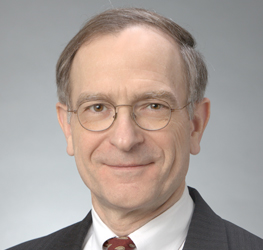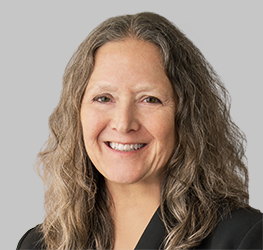Post-SAS: What's Actually Happening – Analyzing Recent Decisions at PTAB and Federal Circuit
The Foley Patent Office Trials Team presents the latest developments at the PTAB, and in U.S. courts, following the Supreme Court decisions in late April in SAS Institute Inc. v. Iancu and Oil States Energy Services, LLC v. Greene’s Energy Group, LLC.
Following these pivotal Supreme Court decisions in late April, the month of May has brought significant developments both in the PTAB and the courts, in post-grant proceedings. At the same time, a more extended period of time will show how Petitioners and Patent Owners respond to the change in institution scope, including any strategic changes for Petition filings and Preliminary Patent Owner Responses.
In Oil States (handled by Foley), the Supreme Court upheld the constitutionality of IPR proceedings. In SAS, the Supreme Court held that the USPTO must decide the patentability of every claim challenged by the petitioner in an inter partes review (IPR) if an IPR is instituted. Since SAS, the PTAB immediately released its Guidance on the impact of SAS on AIA trial proceedings.
Join Foley attorneys Bill Robinson, George Quillin, Andrew Cheslock, and Michelle Moran, as they discuss these major developments and how they may impact practice going forward, both before the PTAB, as well as the courts handling PTAB appeals and dealing with Final Decisions.
Other discussion topics to include:
- Implications of IPR Strategies Following SAS
- Recent Institution Rates and Decisions
- Effects on Cases at the Federal Circuit
Click here to learn more on these developments as well as new institution decisions and various trends and events following SAS.
Webinar Recording
CLE Information
Foley & Lardner LLP will apply for CLE credit after the program, wherever applicable. Foley & Lardner LLP certifies that this activity has been approved for California MCLE credits by the State Bar of California. Foley & Lardner LLP is a State Bar of California MCLE approved provider. New York licensed attorneys admitted two years or less are not eligible to earn CLE credit through nontraditional formats. This program is appropriate for experienced New York attorneys only. Certificates of attendance will be distributed to eligible participants approximately 8 weeks after the web conference via email.

